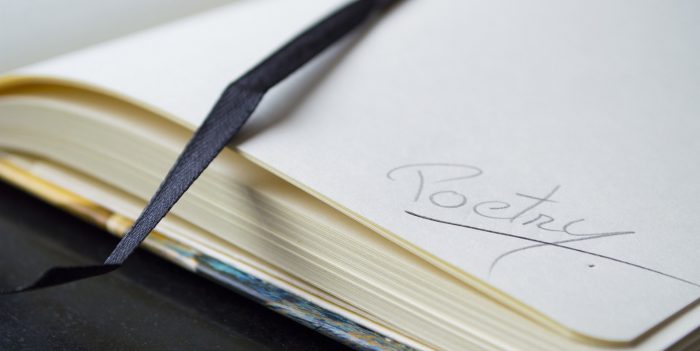The answer to what makes a good poem is highly subjective. Perhaps a better question would be what makes a successful poem. A successful poem connects the writer to a reader with a specific or universal truth or feeling. To do that the poet must, like any other writer “hook” or interest the potential reader. A poet just has to do it quicker. A catchy, clever title goes a long way in accomplishing that. I found the title of a five-line poem by Robert Bly, “Driving to Town Late to Mail a Letter,” intriguing enough to read it.
A good poem does not confuse the reader by equating obscurity with ambiguity, a criticism I have with many contemporary poems. An ambiguous poem can have multiple meanings depending on the perspective of the reader. The meaning of an obscure poem may not even be discernible. Think of a poem as a rope ladder let down from a poet to a straggler in the sea. If the straggler (reader) cannot grasp the first rung, no connection will take place.
Recently, I was on the judging end of a poetry contest with 59 entries. I was surprised by the number of entries that bore the marks of a “first draft” composition, showing little evidence of rewriting effort. I have known writers that have little use for rewriting, considering what comes out first is somehow inspired. That’s no way to write a successful poem.
To sum up: Hook the reader with a catchy title. Ambiguity is good; obscurity is not. And rewrite, rewrite, and rewrite again.
- The Making of a Good Poem - January 20, 2025
- Only Poets Can Save America - June 26, 2023

